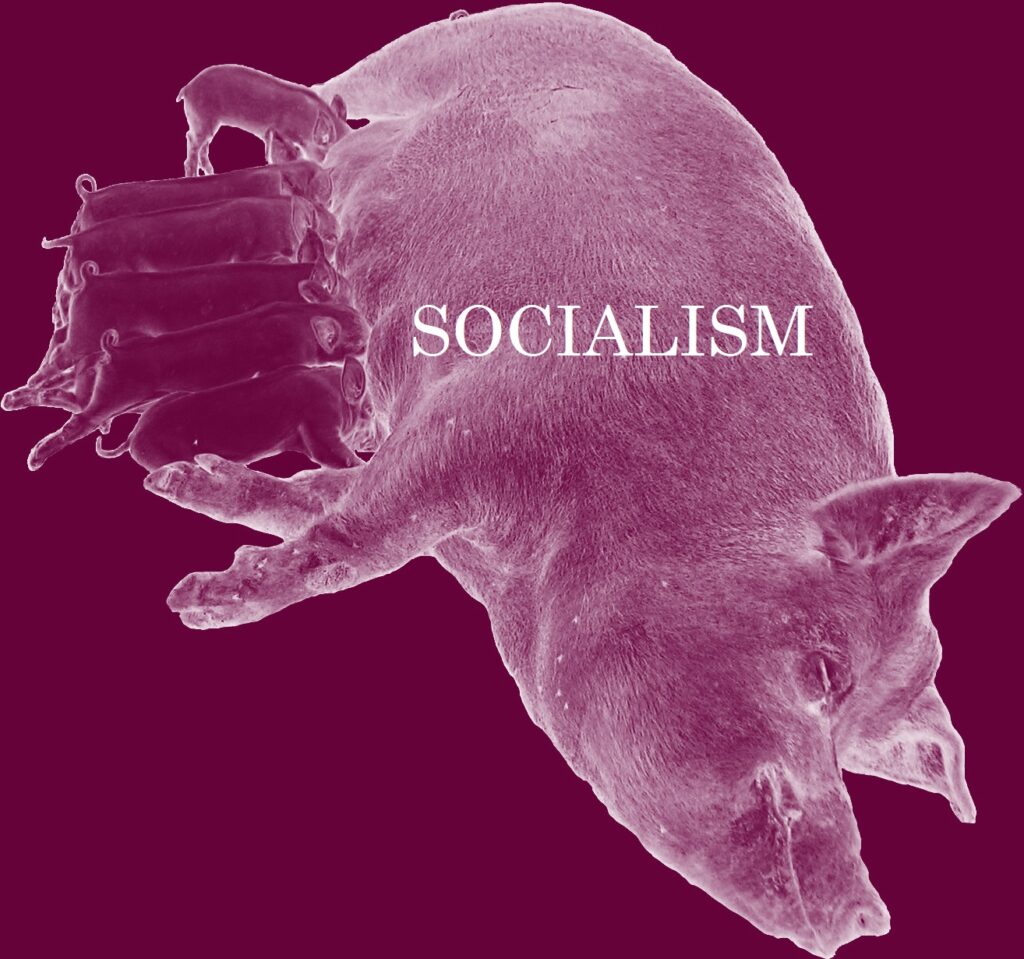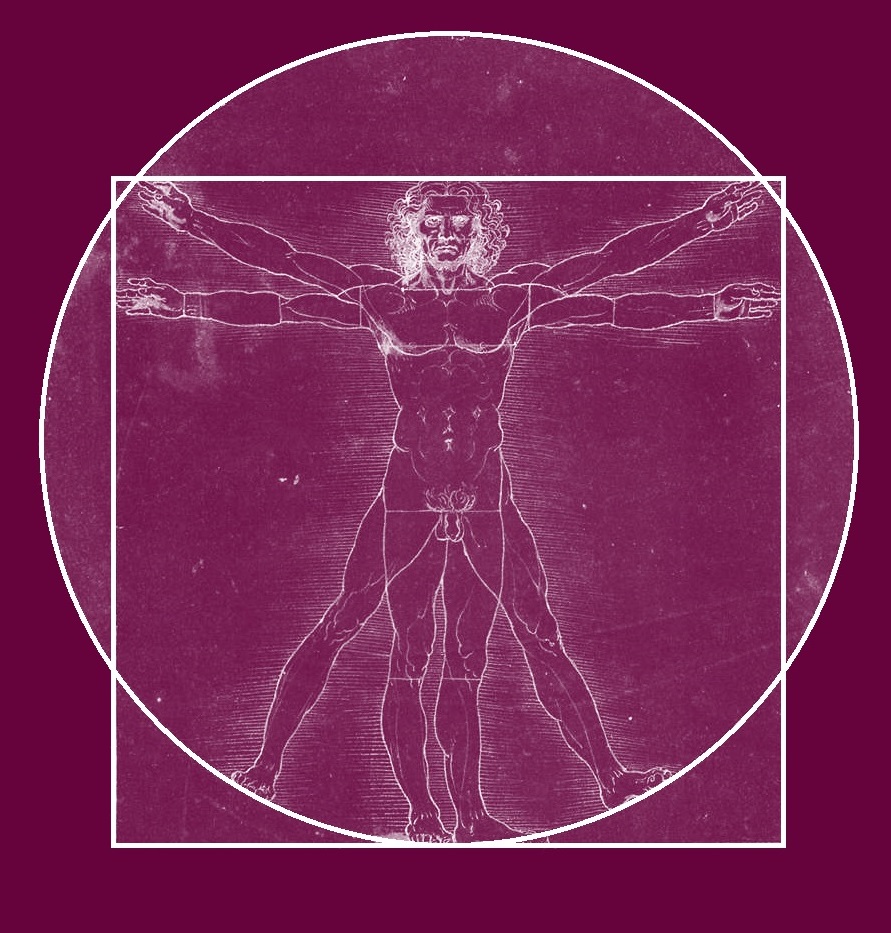Patronage Kills Democracy

1. Progressives understand better than conservatives the dangers posed to democracy by extreme social stratification, and that some form of government intervention is necessary.
2. To save democracy we must solve for both household precarity and household dependency. Authentic democracy requires economic independence.
3. Conservatives have no plans to solve for either because they wrongly see all intervention as socialism. Progressive plans could reduce precarity but would aggravate dependency.
Note: This particular post identifies defects in progressive thought. However, the Rationism Project is not partisan and does not favor Republicans over Democrats. Other posts will also discuss defects in conservative thought.
Until now, the left side of the political spectrum has better understood the threat to democracy posed by extreme wealth concentration and the destruction of our middle classes. Though they’ve been historically naïve about the harm caused to our most vulnerable citizens by globalism, the progressive rank and file seem genuinely alarmed and concerned about the dangers threatening the middle class.
Mainstream conservatives, meanwhile, have been a little slow on the uptake. Our laissez faire brethren, along with elites on both sides of the political spectrum, have been afflicted by an acute form of tunnel vision which gave them superhuman focus on the life and death of business and corporations but made them utterly blind to the life and death of republics and democracies.
This is changing as more and more conservative households feel the sting of precarity. Conservatives will soon intensify their search for those who wielded the bloody knife that stabbed America’s middle class in the back. (Spoiler Alert: They will find as many Republican fingerprints on that knife as they do Democratic.) The mitigation of household precarity will therefore increasingly command the political agenda. But no major political party has a plan to save democracy and the middle class.
Rationists do.
To save democracy and the middle class, we must solve for two problems:
The reasons for solving precarity are obvious. Empathetic people don’t want people starving and suffering on the streets. Nobody else wants bands of criminals roaming around in their neighborhoods.
But why can we not just solve for precarity? Why must we also solve for dependency?
Because democracy is not the product of political theory, but political violence. Democracy is not based on the fantasy that consent may be given. It is rooted in the possibility that it may be withheld. Ancient democracy was born of military labor strikes. Modern democracy was sparked by a tax revolt. Nobles, elites, oligarchs, and plutocrats share power only to the extent they are forced. Wards and subjects, a captive people, a dependent underclass, cannot challenge the authority and agency which sustains them any more than animals in the kill shelter can revolt against their executioners. Democracy and dependency cannot coexist. An authentic democracy requires an independent middle class.
Conservatives advocate no philosophy that would solve either problem. That even more laissez faire would cure the problems caused by already too much laissez faire is ludicrous. Some form of government intervention is, sadly, necessary at this point. John Adams and Thomas Jefferson both attest. Unfortunately, however, conservatives have been thoroughly conditioned to perceive all forms of government intervention as socialism and statism. (More on that problem here.)
Progressives understand better than conservatives that intervention is necessary. But progressives promote the wrong kind of intervention. Progressives currently advocate policies designed to resolve the problem of household precarity, but not household dependency.
Progressive solutions consist of the familiar and long hoped-for bundle of subsidies, transfer payments, business regulations, and other social guarantees. The problem is that while these solutions may mitigate household precarity, they can only aggravate household dependency. This is because households subsisting on indefinite transfer payments will inevitably come to rely upon these payments, thus making patronage permanent. No democracy was ever built upon the foundation of patronage.
A people have lost the power and will to withhold consent when it has become so precarious that it celebrates the achievement of grand progressive legislation such as Welfare, Universal Healthcare, Universal Basic Income, Minimum Wage, etc. As Edward Gibbon said in The History of the Decline and Fall of the Roman Empire of one law of the Emperor Constantine intended to alleviate precarity that caused impoverished parents to expose their infants:
The law, though it may merit some praise, served rather to display than to alleviate the public distress.
Edward Gibbon, 1776
The same may be said for all legislation designed to alleviate precarity that does not also solve for dependency. Subsidies do more to guarantee patronage than to guarantee democracy. The decline and fall of the Roman Republic proves this: the small farmers, backbone of the Republic, could never be rehabilitated once the younger Gracchus implemented the grain dole. Once the ancient middle class (hoi mesoi) surrendered to patronage, the entire Mediterranean Basin was swept into the whirlpool of faction and civil war, submerging democracy for eighteen centuries.
The most significant problem with progressivism thus resides in its tendency to aggravate and institutionalize patronage. This defect is inherent and unavoidable in all forms of government intervention wherein the government acts as intermediary for wealth transfer. This is the fatal flaw of socialism: it mortgages our children’s political freedom to gain us a little temporary economic security. Unbridled capitalism is cruel and harsh, but indefinite socialism is selfish and self-defeating.
Rationism, by contrast, does not utilize the government or any other centralized agency as intermediary to dictate wealth transfer. Instead, rationism issues to all interested economic actors this one mandate:
“The maximum permissible median-to-top household net worth ratio is 10,000:1. Go figure it out.”
Rationism does not punish or prevent any legitimate economic activity, it only prohibits unconscionable economic gain at the expense of our middle class. Rationism harnesses the energy and genius of capitalism, incentivizing the market to find ways to self-moderate so that government intervention is not necessary. To restate our official description of rationism:
Rationism is a political theory that advocates benchmarking household outcomes against the median household net worth. This doctrine advocates limiting or tethering the wealth of top households to a multiple of median household net worth in order to induce robust middle-class growth. A maximum ratio will be set (10,000:1) such that, going forward, no household will be permitted to accumulate more than 10,000x the median household net worth.
Rationists believe that conditioning future economic gains of top households on the proportional increase of median net worth will incentivize and deploy individuals with the most pecuniary interest and skill to efficiently diffuse earned capital into the middle and working classes without reliance on business regulations, corporate taxes, or special interest subsidies. This is because the top households can enjoy no further economic gain unless the median is increased. Rationism applies no absolute wealth cap; unlimited household wealth accumulation is permitted, provided the prescribed 10,000:1 social aspect ratio is preserved.
Rationism forces the market to raise the median efficiently and productively. Rationism is the only proposal which solves for both household precarity and household dependency.
It is true that millions are precarious today and are in need of immediate relief. The Covid19 pandemic has only made things worse for our middle and working classes. But if we must resort to socialism, let it be brief. Let it be a bridge to rationism, not to permanent dependency. Patronage kills democracy. Rationism is the only way we can restore authentic democracy.
Rationism. The median household net worth is the measure of all things.

Be part of the solution. Help spread the word.
Necessary cookies are absolutely essential for the website to function properly. This category only includes cookies that ensures basic functionalities and security features of the website. These cookies do not store any personal information.
Any cookies that may not be particularly necessary for the website to function and is used specifically to collect user personal data via analytics, ads, other embedded contents are termed as non-necessary cookies. It is mandatory to procure user consent prior to running these cookies on your website.